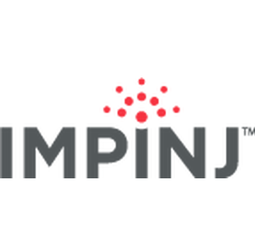
- Functional Applications - Inventory Management Systems
- Networks & Connectivity - RFID
- Platform as a Service (PaaS) - Data Management Platforms
- Sensors - RFID Readers
- Healthcare & Hospitals
- Logistics & Transportation
- Inventory Management
UT Medical Center and DeRoyal began working together in 2014 initially to develop a new preference card system for use in their operating rooms. What they found was a need to not just optimize physician preference cards, but also a need to analyze supply usage, stocking levels, returns, locations and quantities. They needed a solution that would help make acuity-based decisions and accurately document usage. Improving patient safety during procedures was also a priority. The medical center’s workflow studies found surgical staff leaving the OR for an average of 10.75 minutes per case to fetch supplies needed for OR procedures because they were not readily available in the OR. Such repeated door openings can increase the risk of surgical site infection and contribute to surgical mistakes. UT Medical Center wanted to limit the number of supply-related door openings by having needed supplies readily available, and thereby reduce the risk of surgical site infections. DeRoyal, a medical device manufacturer committed to improving both the clinical quality and economic health of its customers, worked with UT Medical Center to create a solution that would meet the organization’s needs. The solution, an intelligent trashcan called the DeRoyal Continuum® Safe, leverages the Impinj platform to automatically capture data about supplies consumed during surgical procedures.
At UT Medical Center, OR supply packaging is tagged with RAIN RFID tags. When those supplies are used and discarded by clinicians, they are thrown into the Continuum Safe and information about the supplies consumed is automatically captured using a near field antenna and an Impinj Speedway reader. The reader gathers information about the supply items and transmits it to DeRoyal’s Continuum Safe application, which associates it to the specific procedure being performed in the OR. The solution also uses a standard HL7 interface to integrate into inventory, billing and surgical information systems, passing data about the supplies used so they can be properly tracked. In addition, analytics can be applied at the patient, procedure, and supply level to help create more efficiencies across the health system, including assisting with the original goal of optimizing physician preference cards at UT Medical Center.

Case Study missing?
Start adding your own!
Register with your work email and create a new case study profile for your business.
Related Case Studies.









